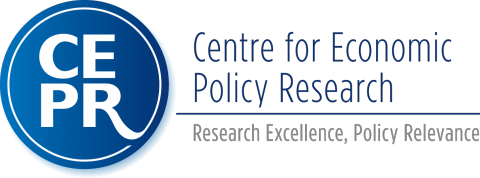Lukas Kliene-Rueschkamp - Research Summary
Universitat Pompeu Fabra
Accountability and Selection into Politics: Evidence from Peruvian Municipalities
Both empirical and theoretical research has demonstrated the economic significance of politicians or leaders. Understanding what motivates politicians is important because it determines who gets elected into office, what policies get implemented and who eventually benefits from them. A vital tool for improving government quality and public goods provision are mechanisms of accountability through which an electorate may control, punish or reward politicians. This is particularly relevant for developing countries where corruption, clientelism and a lack of public goods provision have inhibited economic growth and shared prosperity.
In our research project, we empirically examine the impact of electoral accountability on selection into politics in Peru. We investigate how the salience of an institution that allows voters to recall incumbent mayors affects the type of candidates that decide to run for office. While in theory such an institution should be beneficial, it can also have unintended consequences if it is captured by vested interests or for political reasons. Therefore, we analyze the effects on the quality of politicians, measured by their educational level, experience in the public or private sector, in elected office, and other demographic characteristics.
We find that candidates in districts where a recall election took place in the previous period are significantly less educated: they are considerably less likely to be university educated and have overall enjoyed less years of education. Moreover, they appear to possess less public sector work experience. Despite the fact that the pool of candidates has, on average, a lower educational status, elections seem to mitigate this adverse selection problem. Elected mayors do not systematically differ in terms of quality in districts where a recall election took place in the previous year.
In more general terms, our research highlights the importance of state capacity. Accountability can be a useful device but it requires the necessary institutional environment to be effective.


